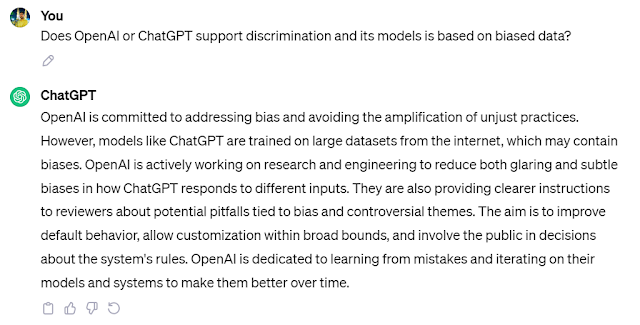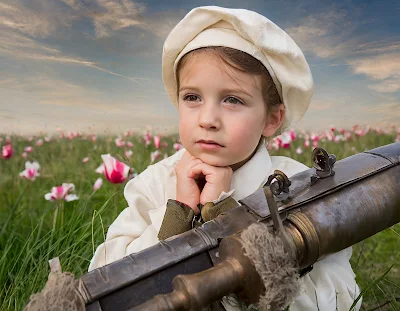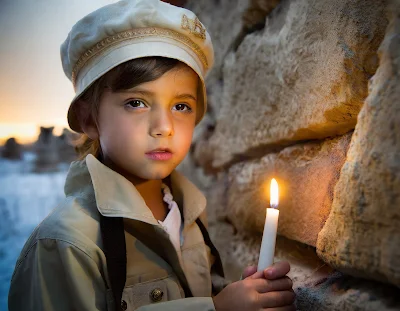In a world echoing with the footsteps of warriors, there exists a tale untold, a story that resonates with the silent cry of innocence. It's a narrative of a war-ridden land where the cost of conflict is not measured in victories or defeats but in the poignant losses of innocent civilians.
Once upon a time in a small village nestled between hills and rivers, there lived a community that knew nothing of strife. Children played in the meadows, and laughter echoed through the air like a sweet melody. However, the shadow of war loomed large as distant drums of conflict thundered, shattering the tranquility that once defined their existence.
As the conflict unfolded, innocent civilians became unwitting participants in a battle not of their making. Homes that echoed with laughter now resonated with the somber notes of despair. Fields that once bore the bounty of nature were now scorched by the flames of war. In this chaos, the lives of ordinary people were forever altered.
One such life was that of Aisha, a young girl with dreams as vast as the starlit sky. Her father, a humble farmer, toiled the land with love, providing not just for his family but for the entire village. Yet, war spared no one. The rhythmic dance of Aisha's childhood was abruptly halted by the discordant beats of conflict.
The village became a canvas splattered with the hues of sorrow. Aisha's father, a casualty of war, left behind a legacy of resilience. The echoes of his teachings resonated in her heart — the profound truth that no one truly wins in war; it is the innocent who bear its heavy cost.
In her quest for peace, Aisha became a voice for the voiceless, a beacon of hope in the desolation of war. She carried the message of natural rights — the inherent entitlement of every individual to life, liberty, and security. Aisha's plea was simple: let the pen be mightier than the sword, for only in understanding and compassion could the world truly know peace.
As her message spread like a gentle breeze cutting through the smoke of conflict, people began to question the necessity of war. The world listened, and hearts resonated with the collective desire for peace. Leaders, moved by the plight of innocent civilians, sought diplomatic solutions over the clamor of battle drums.
Aisha's story is a testament to the resilience of the human spirit, a reminder that the true cost of war is not measured in territorial gains but in the shattered lives of those who yearn for peace. In her village, once scarred by conflict, a new melody emerged — the song of rebuilding, of hope, and of a world that chose empathy over enmity.
The silent cry of innocence had become a resounding call for peace, echoing across hills and rivers, transcending borders and boundaries. And so, in the hearts of those touched by Aisha's story, a seed was planted — the seed of a world where wars were remembered only in tales of the past, and innocence was never again sacrificed at the altar of conflict.



